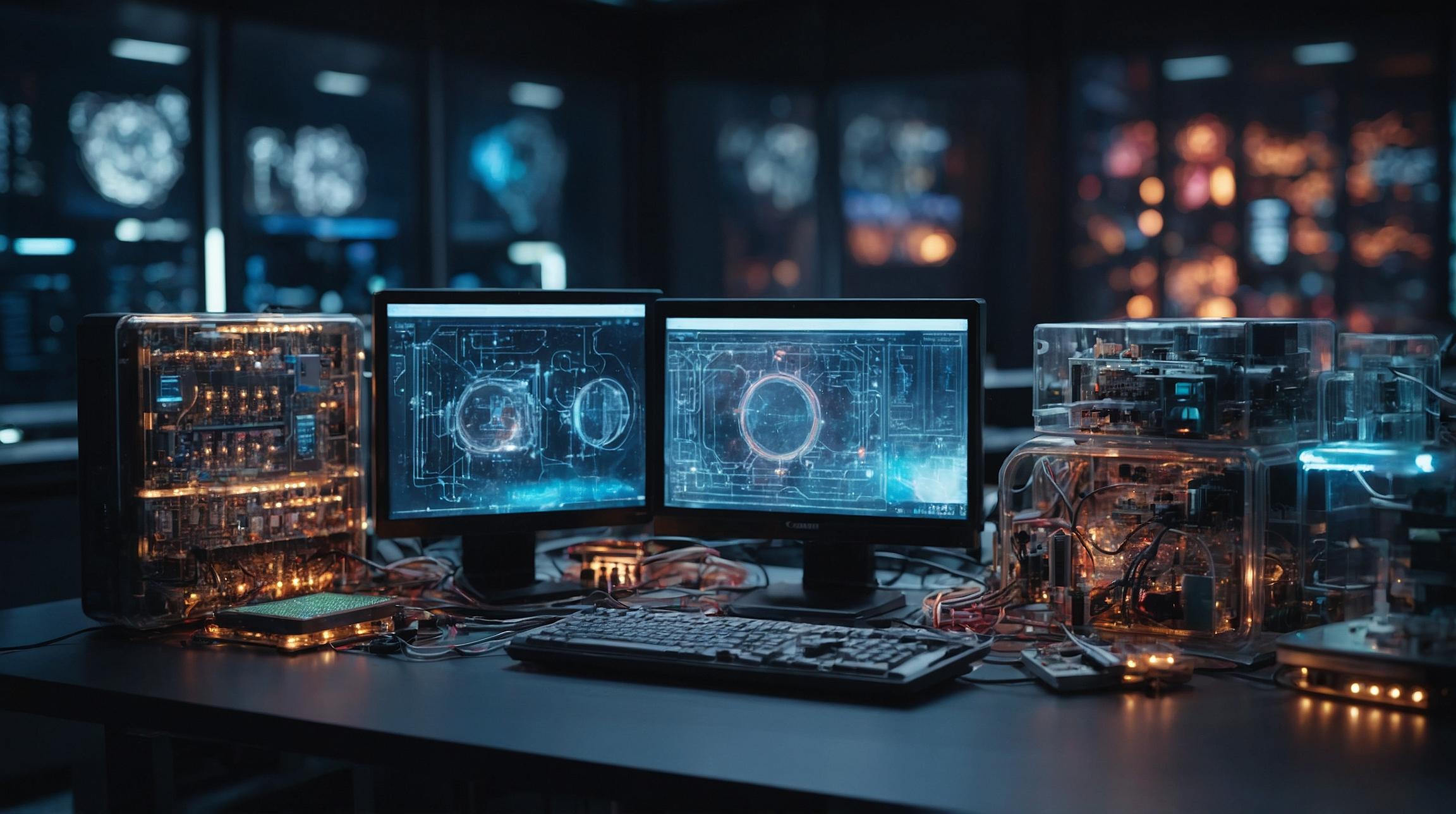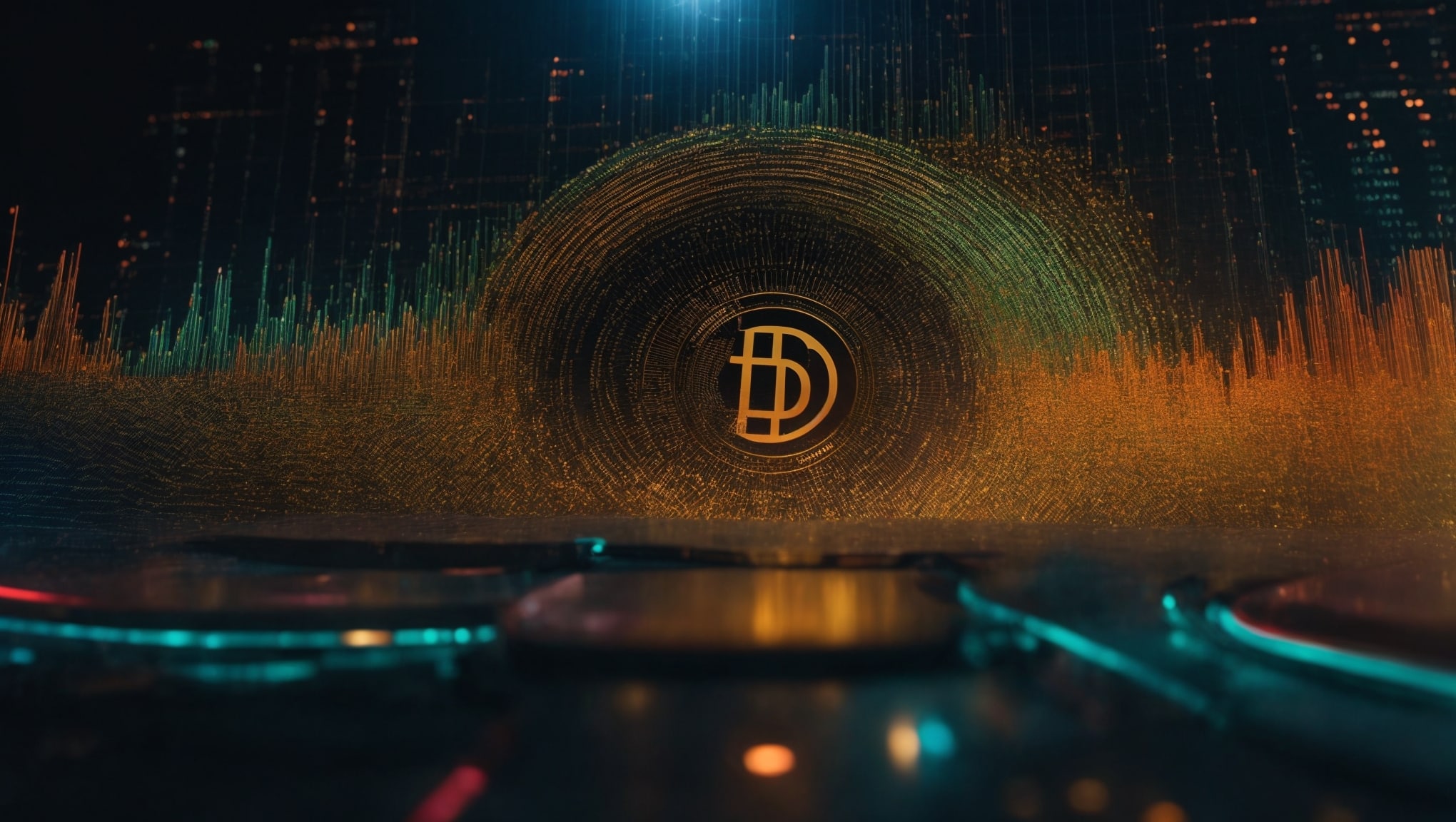Understanding Quantum Control Electronics in Quantum Computing
During the height of the COVID-19 pandemic, many became familiar with the term supply chain. People started discussing where their products came from, creating a networked vision of our world. This newfound awareness applied not just to consumer goods but also to high-tech fields such as quantum computing.
The Importance of Control and Readout Electronics
A recent report, the Global Quantum Supply Chain Report by GQI, highlights the importance of Control and Readout Electronics in the quantum computing ecosystem. These components have a criticality value of 4-5, indicating their essential role in ensuring the effectiveness of quantum platforms. Unlike other materials like Helium-3, which affect only some quantum systems, these electronics are crucial across almost all platforms.
They are vital because they convert quantum states into usable information. Here's what they include:
- Connectors and Cables: Join various quantum components.
- Analog-to-Digital Converters (ADCs): Turn analog signals from quantum systems into digital data.
- Digital-to-Analog Converters (DACs): Generate control signals for quantum systems.
- I/O Blocks: Enable communication between different components.
- Logic Blocks: Execute digital logic for quantum operations.
- FPGAs and ASICs: Provide real-time control of quantum systems.
- Microcontrollers: Oversee operations in quantum setups.
- Configurable Memory: Store settings for quantum operations.
- Clocking Circuitry: Synchronize operations within systems.
Global Sourcing and Collaboration
The GQI report also highlights the international collaboration involved in sourcing these components. Major contributions come from countries like the USA, Germany, and Japan, reflecting a global interdependence in the quantum technology space.
Innovations in Quantum Electronics
Innovation is crucial in this field. The Advanced Quantum Testbed at the Lawrence Berkeley National Laboratory has developed an open-source design for quantum control electronics. Similarly, Zurich Instruments' Quantum System Hub is a tool for scaling up quantum processors, showcasing the continuous evolution of this technology.
Significant Investments and Patents
Investment in this area is also growing. A standout investment of $26 million in Qblox emphasizes the importance of these components. Furthermore, over 100,000 patents exist, signifying the race to innovate and lead in quantum technology.
For newcomers to quantum computing, understanding which areas are most profitable is vital. The criticality values provide a guide to where opportunities lie.













